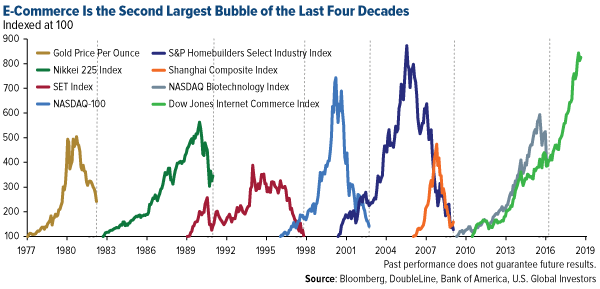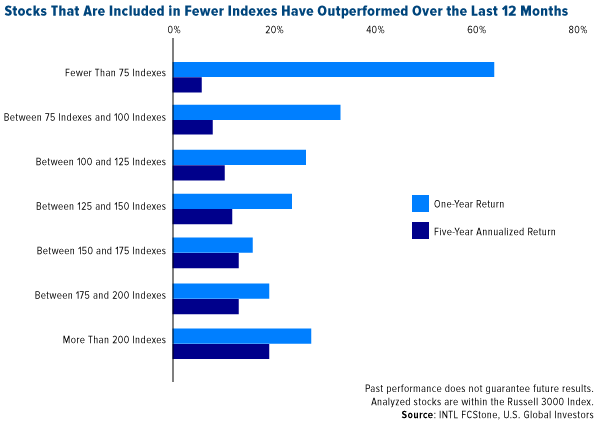Without Googling, try to guess who said the following quote: “If everybody indexed, the only word you could use is chaos, catastrophe. The markets would fail.”
Give up?
The speaker, believe it or not, is John Bogle, founder of Vanguard, which has been at the forefront of indexing. Bogle made the comment last year at the Berkshire Hathaway shareholder meeting, basically admitting that there’s a limit to the amount of passive investing the market can handleand still function efficiently.The thing is, we’re testing that limit more and more every day as passive mutual funds and ETFs—those that seek not to “beat the market” but track an index—take up a larger slice of the pie. The share has increased dramatically in the past 10 years, rising from only 15 percent in 2007 to as much as 35 percent by the end of 2017.As for when passive investments will overtake the active market, Moody’s Investors Service estimates we’ll see this happen sometime between 2021 and 2024. Markets simply wouldn’t be able to function without active managers calling the shots—rewarding good corporate governance and punishing the bad—so Bogle’s what-if scenario of 100 percent indexing is, for now, purely hypothetical.Nevertheless, the seismic shift into indexing has come with some unexpected consequences, including price distortion. New research, which I’ll get into below, shows that it has inflated share prices for a number of popular stocks. A lot of trading now is based not on fundamentals but on low fees. These ramifications have only intensified as active managers have increasingly been pushed to the side.Related: Is This Just the Calm Before the Storm?Watch Out for Rebalance Risk
This could end very badly for some investors, as I told CNBC Asia last week. It’s possible we could see a correction when it comes time for a number of multibillion-dollar funds to rebalance at year’s end. The same thing happened to the tech bubble in 2000, when everyone rebalanced after a phenomenal run-up in tech stocks.And remember what happened to small-cap gold stocks last year when the massive VanEck Vectors Junior Gold Miners ETF (GDXJ) was forced to restructure its portfolio? They were knocked down despite having incredible fundamentals.Take a look at the following chart. Internet commerce stocks—Apple, Amazon and the like—are up nearly eight times since May 2010.This isn’t just the second largest bubble of the past four decades. E-commerce is also vastly overrepresented in equity indices, meaning extraordinary amounts of money are flowing into a very small number of stocks relative to the broader market. Apple alone is featured in almost 210 indices, according to Vincent Deluard, macro strategist at INTL FCStone.If there’s a rush to the exit, in other words, the selloff would cut through a significant swath of index investors unawares. And just as Warren Buffett once said, “Only when the tide goes out do you discover who’s been swimming naked.” 



 click to enlarge
click to enlarge  click to enlarge
click to enlarge  click to enlarge
click to enlarge